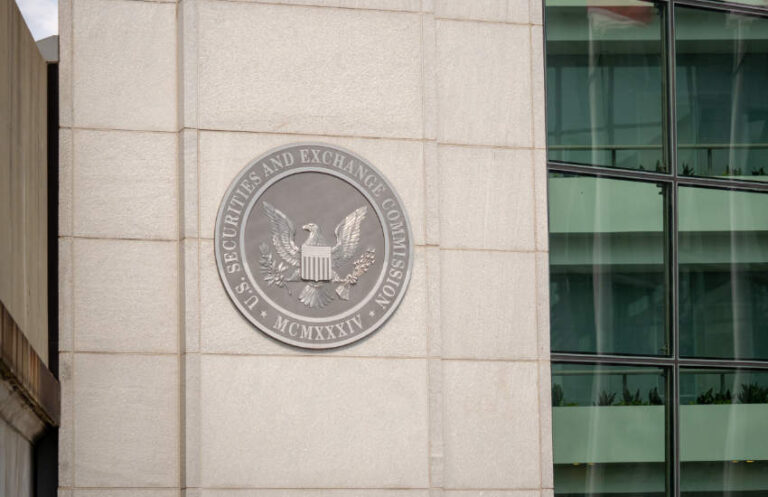
Source: www.ledgerinsights.com
Today, the SEC published proposed new rules regarding the need for financial advisers to use qualified custodians to monitor client assets. The proposal requires custody rules to apply to all assets, not just securities and funds. Therefore, this would cover all crypto assets, whether or not they are securities. Republican Commissioner Uyeda argued that the new proposals make it harder for advisers to deal with crypto assets and to comply.
“How could an adviser seeking to comply with this rule invest client funds in crypto assets after reading this statement?” Uyeda asked.
“This custodial approach appears to mask a political decision to block access to cryptocurrency as an asset class. It deviates from the Commission’s longstanding position on the neutrality of the merits of investments.” While Commissioner Hester Peirce is often outspoken on these issues, and she was the only vote against moving forward with the proposal, Uyeda supported the proposal despite strong objections.
Uyeda was referring to various points in the 434-page document. First, while banks have developed custody solutions for digital assets, the document mentions that federal banking regulators have raised safety and soundness concerns about banks’ involvement.
He said the document implies that state-chartered trust banks are less trustworthy than federally-chartered banks. The proposals request comment on whether qualified custodians should be restricted to federally regulated banks.
In addition, several cryptocurrency custodians, including Coinbase Custody, Paxos, and Fidelity Digital Assets, are New York State-chartered trust banks. We explored that further in an article yesterday.
And because most cryptocurrency trading platforms (exchanges) are not qualified custodians, if financial advisors use these platforms, they will not be compliant. While this is true, many users have lost significant sums as cryptocurrency exchanges and lenders went bankrupt over the last year without properly segregating and safeguarding client assets.
Other Custody Highlights
For a bank or savings association to be a qualified custodian, it must hold assets in a segregated account “designed to protect such assets from creditors of the bank or savings association in the event of insolvency.”
One of the requirements of the proposal is that a qualified custodian have sole possession and control of the assets. The challenge with crypto assets is that if a custodian proves a private key, they put the asset at risk of theft. In addition, in some cases, the client and the custodian have access to the private key, so both can make transfers.
The requirement to use a qualified custodian does not apply in the case of privately offered securities. However, the proposal states that this exception is unlikely to apply to securities issued on a blockchain without permission.
The comment period for the SEC’s proposal will last 60 days from the publication of the proposal in the Federal Register.
Read More at www.ledgerinsights.com